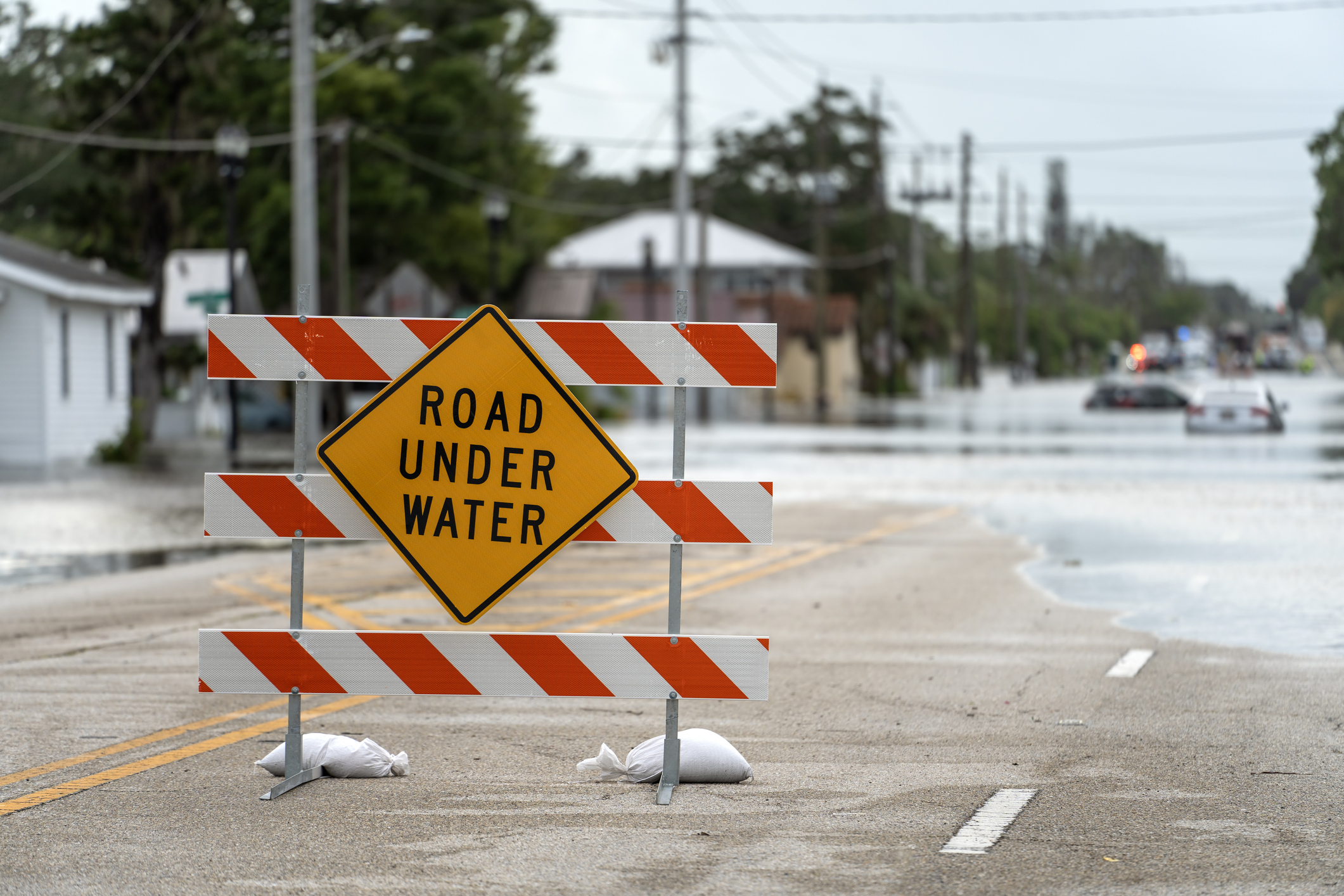Key Findings
Recently Washington officials added new climate change requirements in public schools, which a review shows have a heavy ideological agenda, despite claiming to be objective science.
The “OER” curriculum adopts an anti-science stance, presenting students with with scientific errors and left-leaning social activism.
The curriculum takes a closed-minded approach, by directing what students should think instead of teaching them to reason independently based on actual evidence.
A review of the curriculum shows it promotes a collectivist mindset and discourages students from questioning prevailing groupthink.
This approach is focused on telling students to form opinions based on emotion and political concerns, instead of teaching the scientific method of pursuing the truth by following evidence and facts wherever they lead.
Introduction
In recent years Washington state has added requirements for teaching about climate change in public schools and increased funding to develop a climate curriculum. The arguments for the curriculum have been consistently partisan with a heavy ideological agenda, despite claiming to focus on objective science.
One such example is a curriculum developed “in collaboration with epidemiologists and communications professionals from the Washington Department of Health.”1 While purporting to cover environmental and atmospheric science, the five modules of the curriculum concentrate heavily on a political agenda and substitute emotion and subjective use of information in the place of scientific rigor.
Washington Policy Center joined with Vanessa Ramsey, who was honored in 2011 as Washington State Middle School Science Teacher of the Year, to assess the curriculum. Here is her analysis of the modules included in DOH’s climate curriculum.
READ THE FULL POLICY NOTE STUDY HERE



